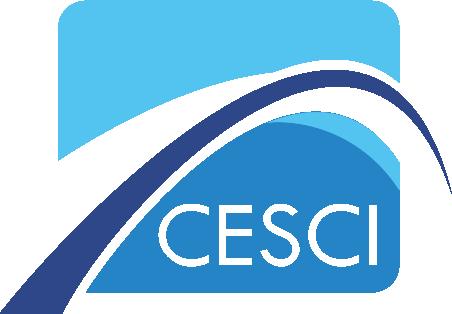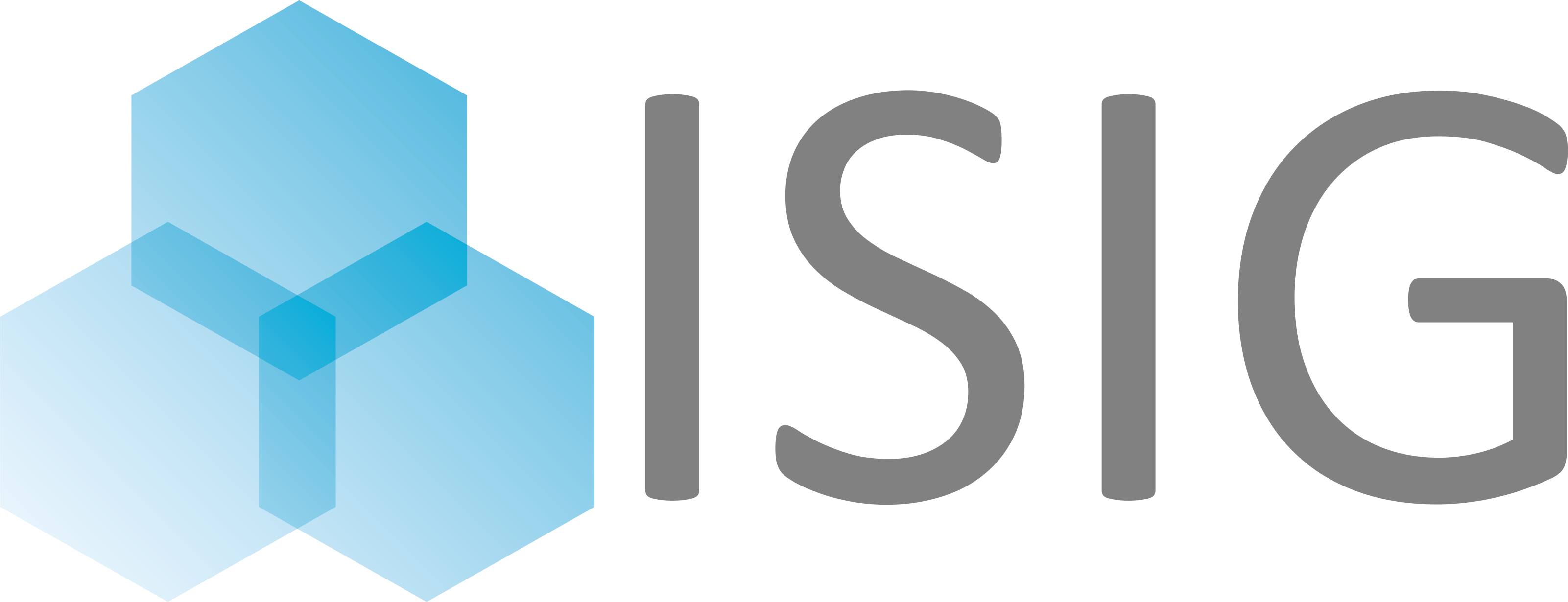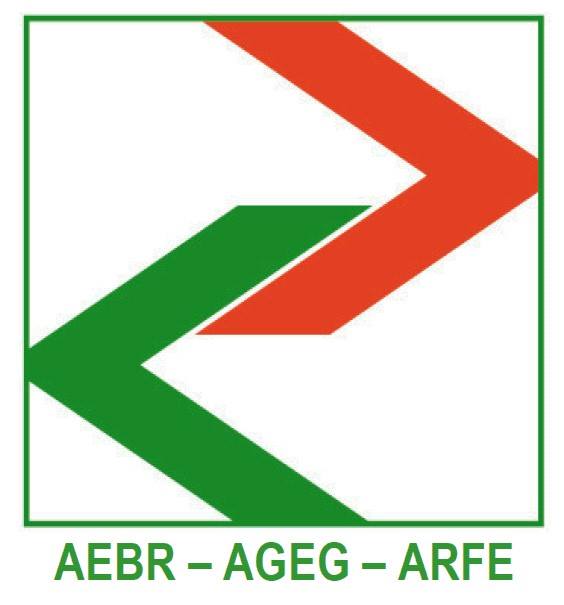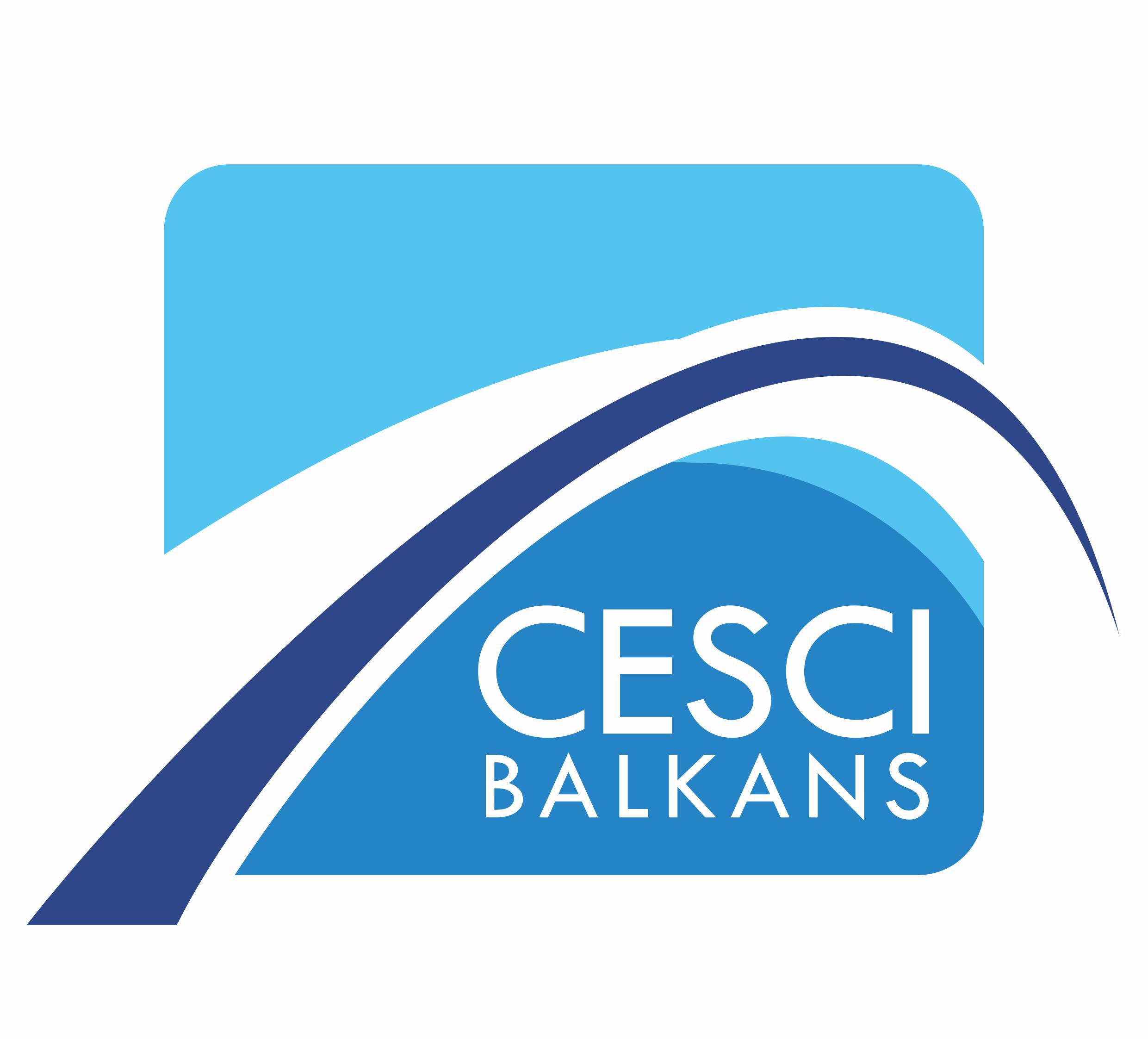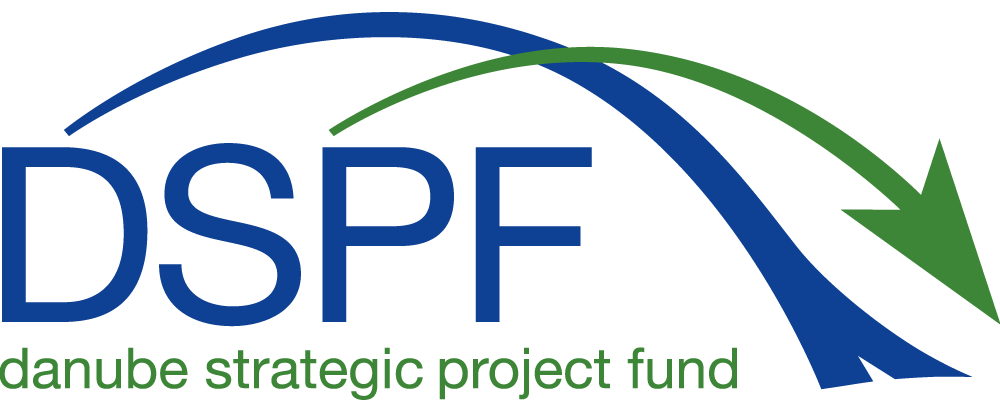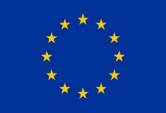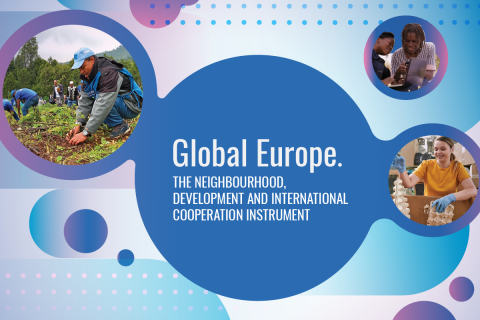
The European Parliament and the Council of the European Union, represented by the Portuguese Presidency, signed the regulation establishing the Neighbourhood, Development and International Cooperation Instrument – Global Europe (NDICI-Global Europe). The regulation entered into force on 14 June 2021.
NDICI-Global Europe is the main financial instrument for the EU’s external action, and is of ever greater importance in the light of the heavy economic and social impact of the COVID-19 pandemic worldwide.
NDICI-Global Europe will be organised around three key pillars:
– Geographical: partnerships through cooperation with partner countries in the following regions: the European Neighbourhood, sub-Saharan Africa, Asia and the Pacific, and the Americas and the Caribbean.
– Thematic: actions linked to the Sustainable Development Goals at global level, including support for civil society organisations. Thematic programmes will therefore focus on human rights and democracy, civil society, stability and peace, as well as on global challenges such as health, education and training, women and children, work, social protection, culture, migration and climate change.
– Rapid response: dedicated to financing the quick response capacity for crisis management, conflict prevention and peace building and strengthening the resilience of crisis-affected countries, and linking humanitarian and development actions as well as addressing foreign policy needs and priorities.
The top priorities of NDICI (Neighbourhood, Development and International Cooperation Instrument) include the following:
- human development;
- social inclusion;
- gender equality;
- climate change;
- environmental protection;
- migration-related actions.

